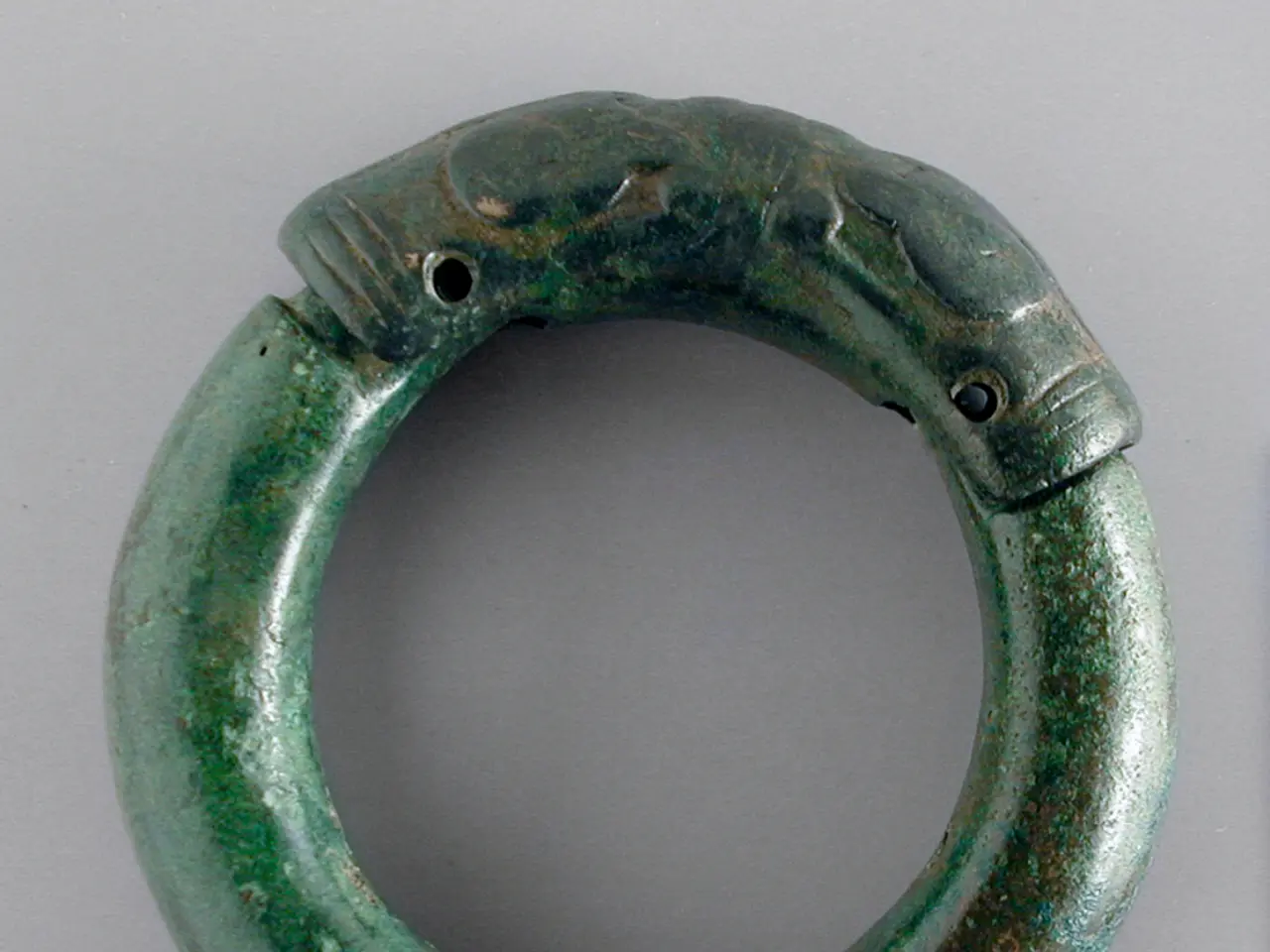The Fascination of Magnets: Exploring Attraction and Repulsion in Daily Living and Industrial Uses
In our daily lives and various industries, magnetism plays a pivotal role, offering solutions that are energy-efficient, compact, reliable, and versatile.
In our homes, magnets are integral for mechanical fastening, energy conversion, and data storage. They keep cabinet doors and drawers closed quietly and securely without mechanical latches, hold metal tools on workbenches, and provide easy and reliable closures for bags, wallets, and purses. Refrigerator magnets serve as decoration and attachment points for notes, while magnetic building sets, toy trains, and similar products use magnets for attraction and modular attachment. Even electronic devices like loudspeakers, headphones, electric motors in fans, blenders, and electric cars, as well as storage devices like hard disks, rely on magnets.
Credit and gift cards also utilize magnets, with magnetic stripes storing encoded information. Magnetic tools, such as screwdrivers with magnetic tips, hold screws, and magnetic pickup tools retrieve lost metal parts.
In more specialized and technical applications across various industries, magnets play crucial roles. Electric motors and generators, such as those in cordless tools, electric vehicles, compressors, and synchronous motors, use neodymium permanent magnets, as do generators for wind turbines, enabling clean energy production. Electromagnets with adjustable fields are used in MRI machines for diagnostic imaging, where controlled magnetic fields are critical.
Industrial processes also use electromagnets to separate ferrous metals from waste or recycled materials and to capture foreign metal particles to protect manufacturing equipment. Magnetism is essential for industries that rely on the extraction of resources like gold, silver, and iron ore.
In the medical field, electromagnets are used in MRI machines for diagnostic imaging, where controlled magnetic fields are critical. They also help identify precious metals in scrap or jewelry. Magnetism is used in the healthcare industry for non-invasive diagnostic tools like MRI.
Magnets can weaken over time when exposed to high temperatures, causing them to lose magnetism or become demagnetized. However, ferromagnetic materials, including iron, cobalt, and nickel, retain their magnetism even outside a strong magnetic field.
An electromagnetic field consists of an electric and a magnetic field that are interdependent and can influence each other as well as other objects. Magnetism is a fundamental force of nature that enables things with magnetic properties to attract or repel each other.
In conclusion, magnetism acts as a silent facilitator behind the scenes, securing our belongings, diagnosing critical medical conditions, and powering industries. By exploring the realm of magnetic attraction and repulsion, we uncover the underlying forces that contribute to fundamental changes in our lives and world.
References:
[1] "Magnetic Fasteners: Applications and Advantages." Magna-Tek, Inc., www.magna-tek.com/magnetic-fasteners-applications-advantages/.
[2] "Neodymium Magnets: Applications and Advantages." K&J Magnetics, Inc., www.kjmagnetics.com/neodymium-magnets-applications-advantages/.
[3] "Applications of Magnets in Industries." AtoMag, www.atomag.com/applications-of-magnets-in-industries/.
[4] "Medical Applications of Magnets." Physics Classroom, www.physicsclassroom.com/class/mri/Lesson-1/Medical-Applications-of-Magnets.html.
[5] "Everyday Uses of Magnets." ThoughtCo, www.thoughtco.com/everyday-uses-of-magnets-3126158.
[5] "Magnetic Materials." HyperPhysics, www.phy-astr.gsu.edu/~hartman/V34/magnetic.html.
Read also:
- Weekly developments in the German federal parliament, the Bundestag
- Solar Shutdown: Merz Proposes Billions of Gas Discharge - Reverse Plan
- New guidelines for NEPA processes unveiled by federal agencies, in alignment with Executive Order 14154 and the Seven County Decision of the Supreme Court
- Anticipated Rise in Electricity Bills Coming in July for Latvian Residents








